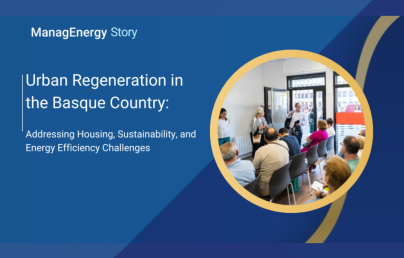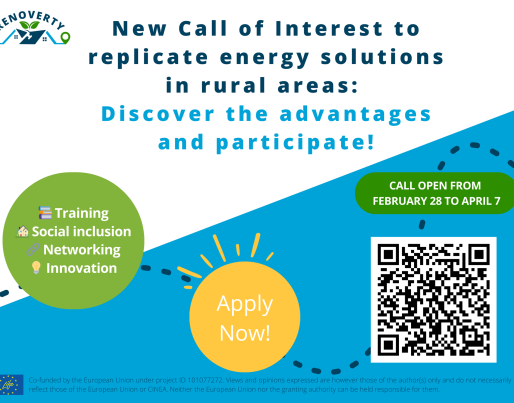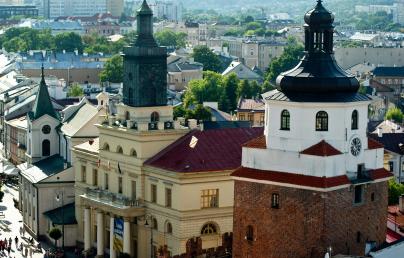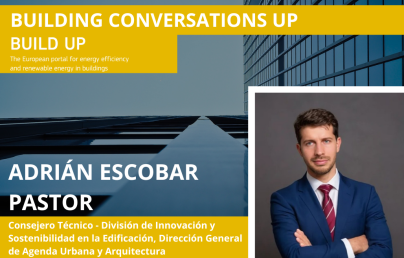
RENOVERTY launches its Renovation Roadmaps and call of interest

RENOVERTY launches its Renovation Roadmaps and call of interest
The EU LIFE project RENOVERTY is excited to announce the completion of its Rural Renovation Roadmaps, a practical guide designed to make energy-efficient renovation accessible for rural communities across the EU.
As energy efficiency emerges as a key policy tool to address energy poverty, RENOVERTY’s roadmaps are helping rural homeowners improve living conditions, while contributing to the EU’s ambitious climate goals.
These roadmaps are developed in close collaboration with Local Action Groups (LAGs) in seven regions, in Sveta Nedelja & Žumberak (Croatia), Tartu (Estonia), Bükk-Mak & Somló-Marcalmente-Bakonyalja Leader (Hungary), Zasavje (Slovenia), Parma (Italy), Coimbra (Portugal), and Osona (Spain). While the technical documents provide focused guidance for individual households, the comprehensive roadmaps are tailored to serve the broader needs of stakeholders. They respond to the unique challenges faced by rural areas, which are often overlooked by mainstream energy efficiency initiatives. They offer clear, practical guidance on technical, legislative, and financial options, simplifying the renovation process for energy-poor households. By tackling barriers such as complex administrative requirements, limited funding, and a lack of qualified professionals, the roadmaps enable rural homeowners to plan renovations tailored to their specific needs and budget.
RENOVERTY project is also launching a comprehensive call of interest to drive transformative change in rural communities facing energy poverty. This call invites municipalities, energy agencies, academic institutions, NGOs, industry experts, and other stakeholders to join forces in combating rural energy poverty by applying knowledge received through training and mentorship, while taking advantage of collaborative opportunities and verified solutions for rural renovation. The focus of the call will be to foster a sustainable energy future for rural citizens through the application of renovation and energy-efficient retrofitting solutions.
RENOVERTY will help to establish and strengthen collaborations of replication beneficiaries with municipalities, LAGs, energy agencies, financial institutions, and agricultural associations across the European Union. These partnerships will focus on pooling resources, sharing knowledge, and leveraging expertise to tackle energy poverty.

